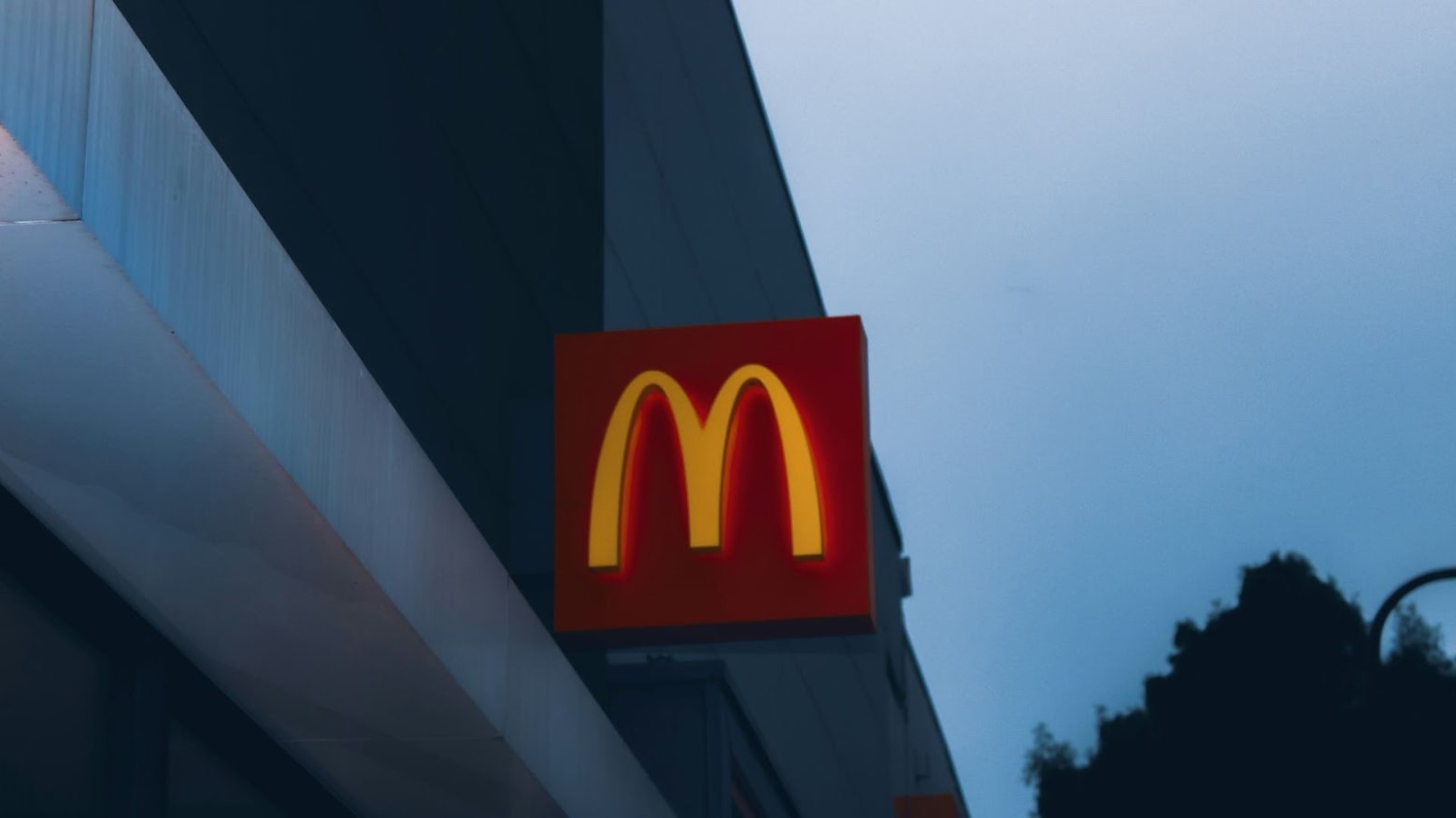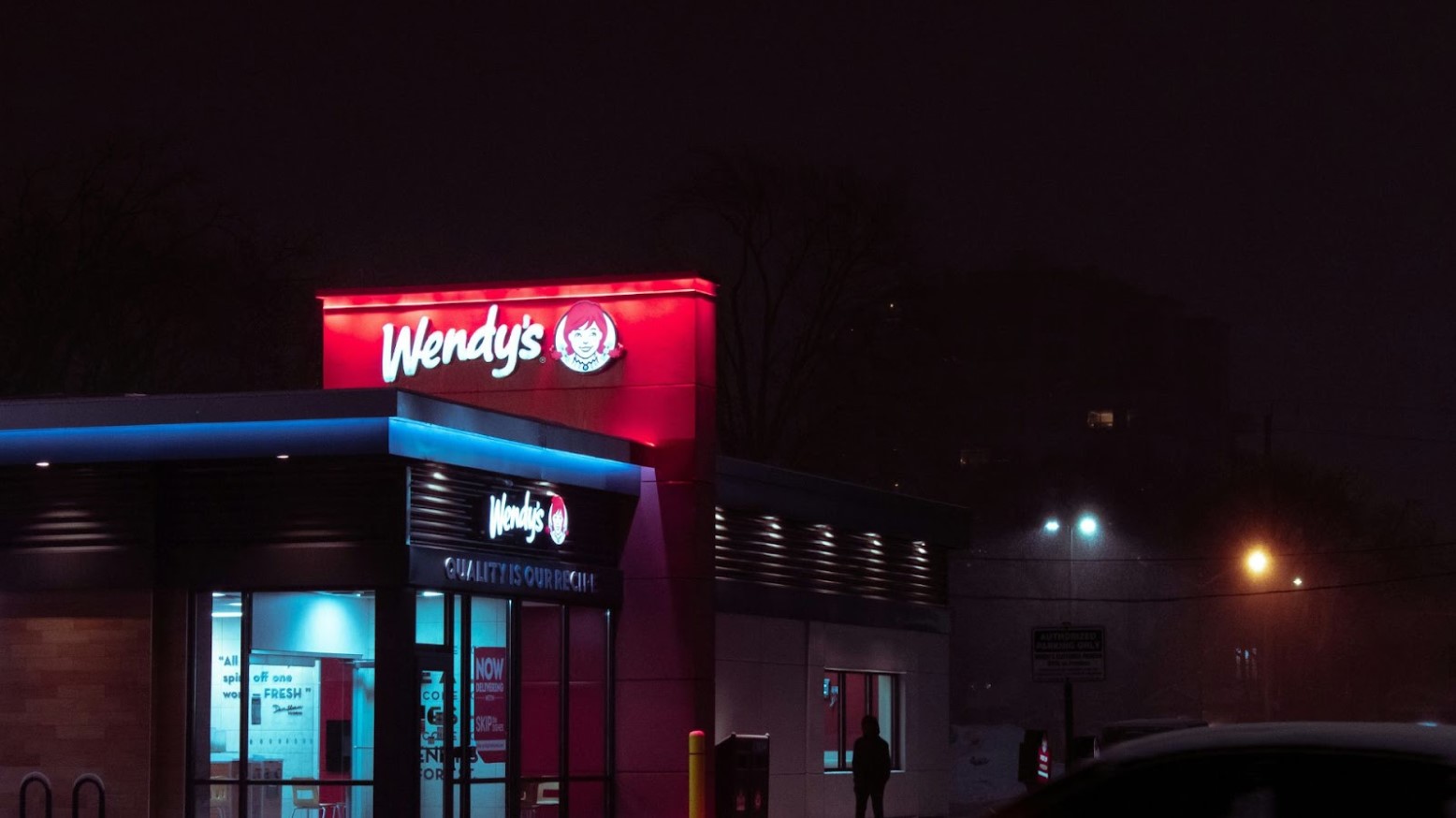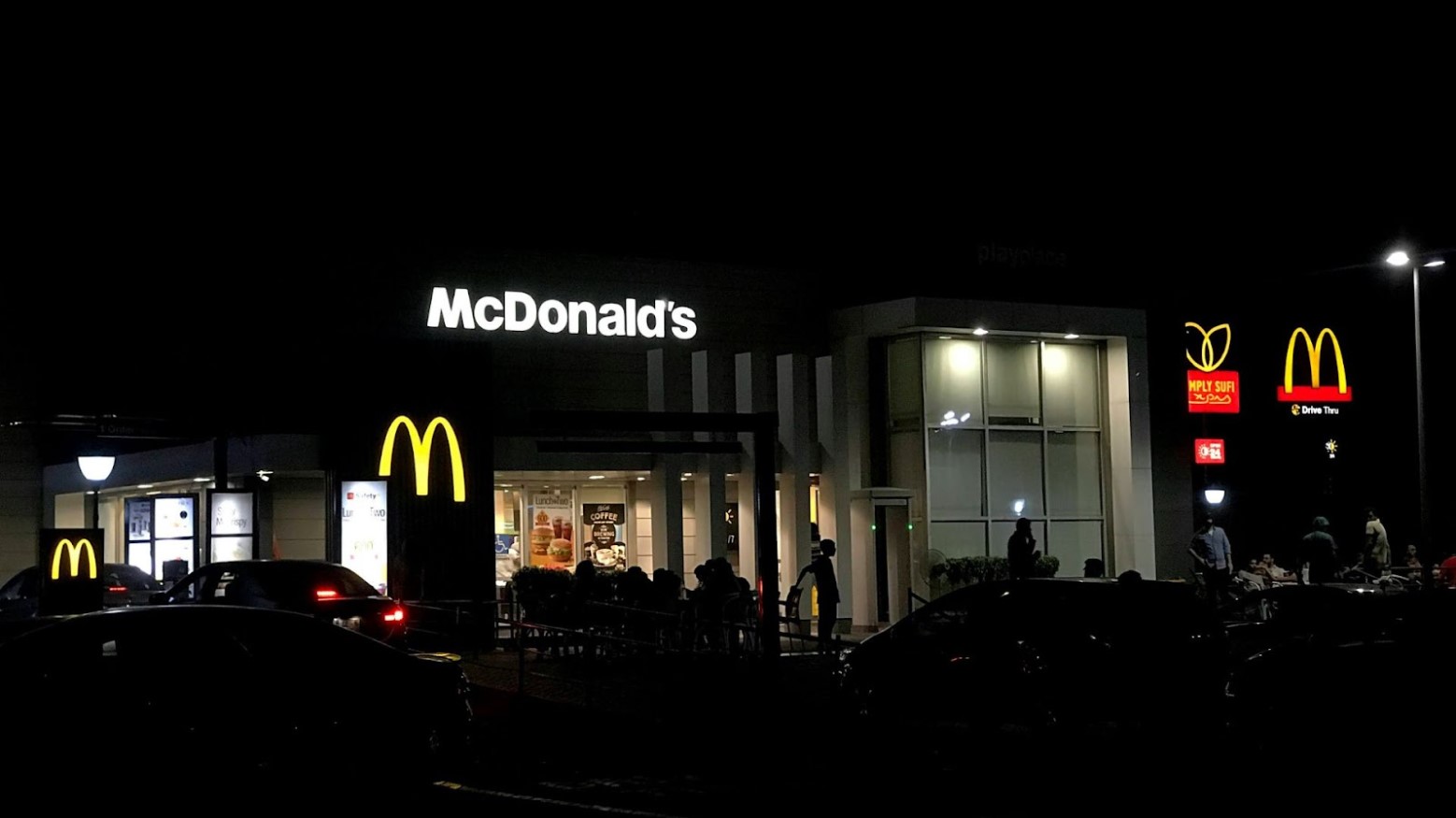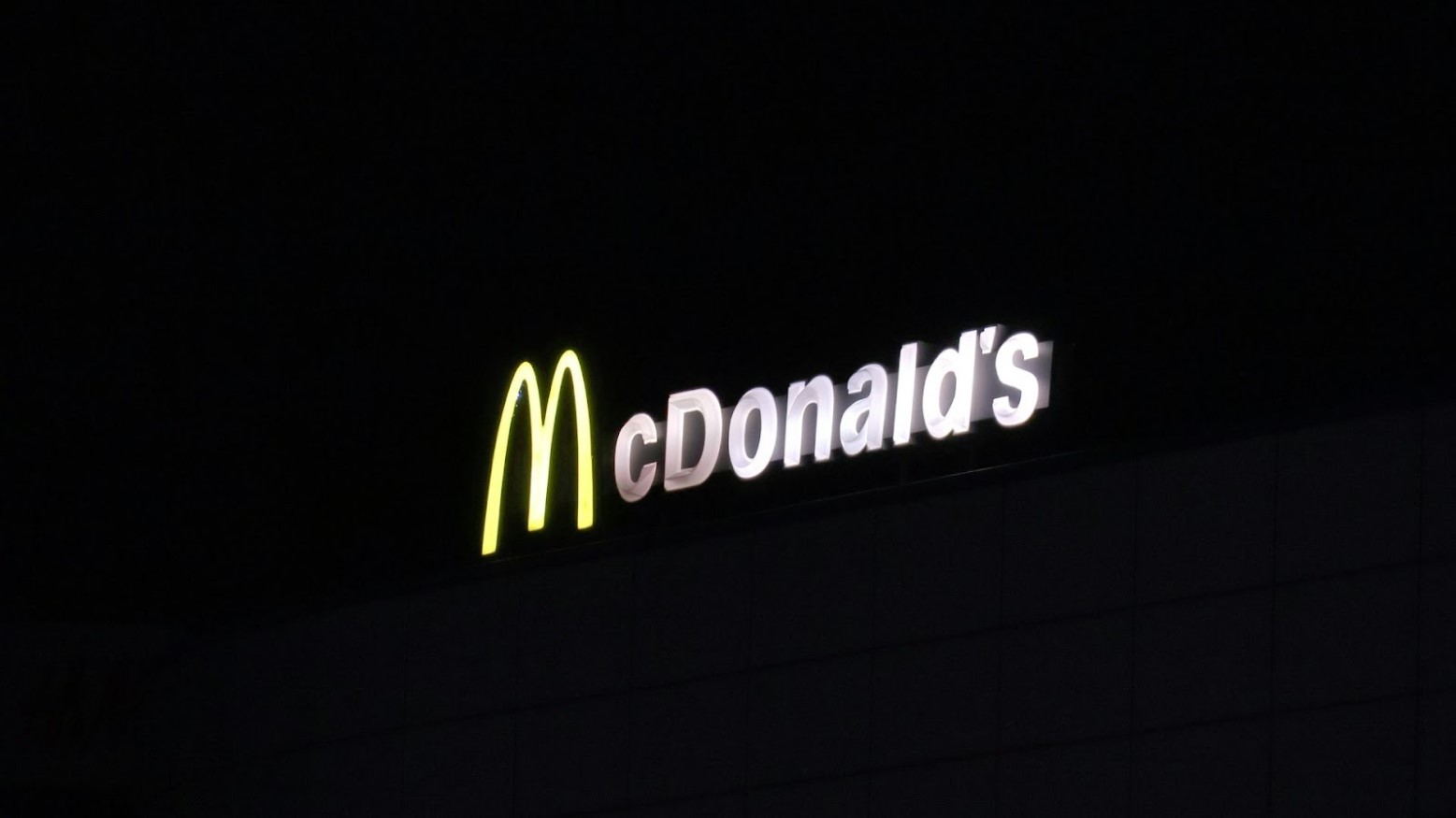McDonald’s has launched a new marketing plan as they try to combat slow sales following recent menu price hikes. The fast-food restaurant also has plans to begin to offer more deals to customers to drive up traffic in all locations.
This new plan comes as McDonald’s has faced recent struggles — most of which are the result of inflation and the ongoing war in Gaza.
McDonald’s in the First Quarter

McDonald’s recently revealed that their traffic was either down or flat in various places around the world. This included fast food locations in the U.S., the U.K., Canada, Australia, Germany, and Japan.
Now that the fast food giant is aware that customers are coming to their eateries less, they are working to create a new marketing plan that may bring more people in.
Sales at McDonald’s

While sales have risen in McDonald’s earlier this year, this rise hasn’t been the amount that Wall Street initially forecast it to be.
According to the company, same-store sales rose only 1.9% worldwide between January and March. Meanwhile, Wall Street had forecasted a 2.1% rise.
A Slowing in Sales

While any rise is still positive, it does appear that the powers that be at McDonald’s are sounding warning bells over this slow growth. Both customer traffic and sales have begun to slow — and may only continue to do so.
By comparison to other years, McDonald’s normally sees sales increases of about 3% to 4%. Clearly, this hasn’t happened in 2024.
Consumers Are Spending Less

McDonald’s has stated that this slow growth in sales and traffic is the result of high inflation which continues to hamper Americans around the country. McDonald’s President and CEO Chris Kempczinkski elaborated on this during a conference call with investors.
Kempczinski explained, “The consumer is certainly being very discriminating in how they spend their dollar.”
Low-Income Customers Are Hurting

Many analysts have warned that lower-income consumers will face the most difficulties as inflation continues to rise. McDonald’s CEO also analyzed this idea when discussing how lower-income customers are spending their money.
“It may be more pronounced with lower-income consumers, but it’s important to recognize that all income cohorts are seeking value,” he explained.
Consumers Are Spending Money Elsewhere

McDonald’s has already warned their investors that the growth they’ve seen in a post-pandemic world will likely soon end. This all has to do with inflation.
According to the company, grocery prices are lower than McDonald’s prices. This has led to many consumers choosing to spend their money at grocery stores for food, rather than at fast food locations.
Changing Their Marketing Plan

Kempczinksi also explained that McDonald’s needs to offer more deals — something they’ve already begun to do.
However, he stated they also need to change up their marketing plan and ensure that consumers are well aware of the deals they can get if they go to McDonald’s.
Battling Other Fast Food Restaurants

In his call with investors, Kempczinkski admitted that McDonald’s has fallen short in spreading its value message. In some areas of the country, they’ve been beaten out by other fast-food companies and their marketing campaign.
For example, Wendy’s has done well in marketing their deals, particularly their offer of receiving free fries with a purchase of a medium burger.
Other Issues For McDonald’s

While the fast food giant tries to battle ongoing high inflation which has hurt sales, the company also faces a slew of issues overseas.
In the Middle East and other Muslim-majority markets such as Indonesia, McDonald’s saw same-store sales fall by 0.2% in the first quarter.
An Ongoing McDonald’s Boycott

These sales have fallen in these regions because of an ongoing McDonald’s boycott that began after an Israeli McDonald’s franchisee declared they would give free meals to Israeli troops after a war began in Gaza.
Since this boycott began, McDonald’s has tried to limit its impact. This April, the company announced they were buying all of the McDonald’s franchised locations. Now, McDonald’s controls all of Israel’s 225 locations.
The Boycotts Will Continue

Kempczinksi indicated that he believes the boycotts won’t get any worse. Even with this decline in sales in many areas, he noted that there still seems to be some level of demand there. However, he also doesn’t see the boycotts ending anytime soon.
“We’re not expecting to see any meaningful improvement in the impact on that until the war is over,” Kempczinksi explained.


